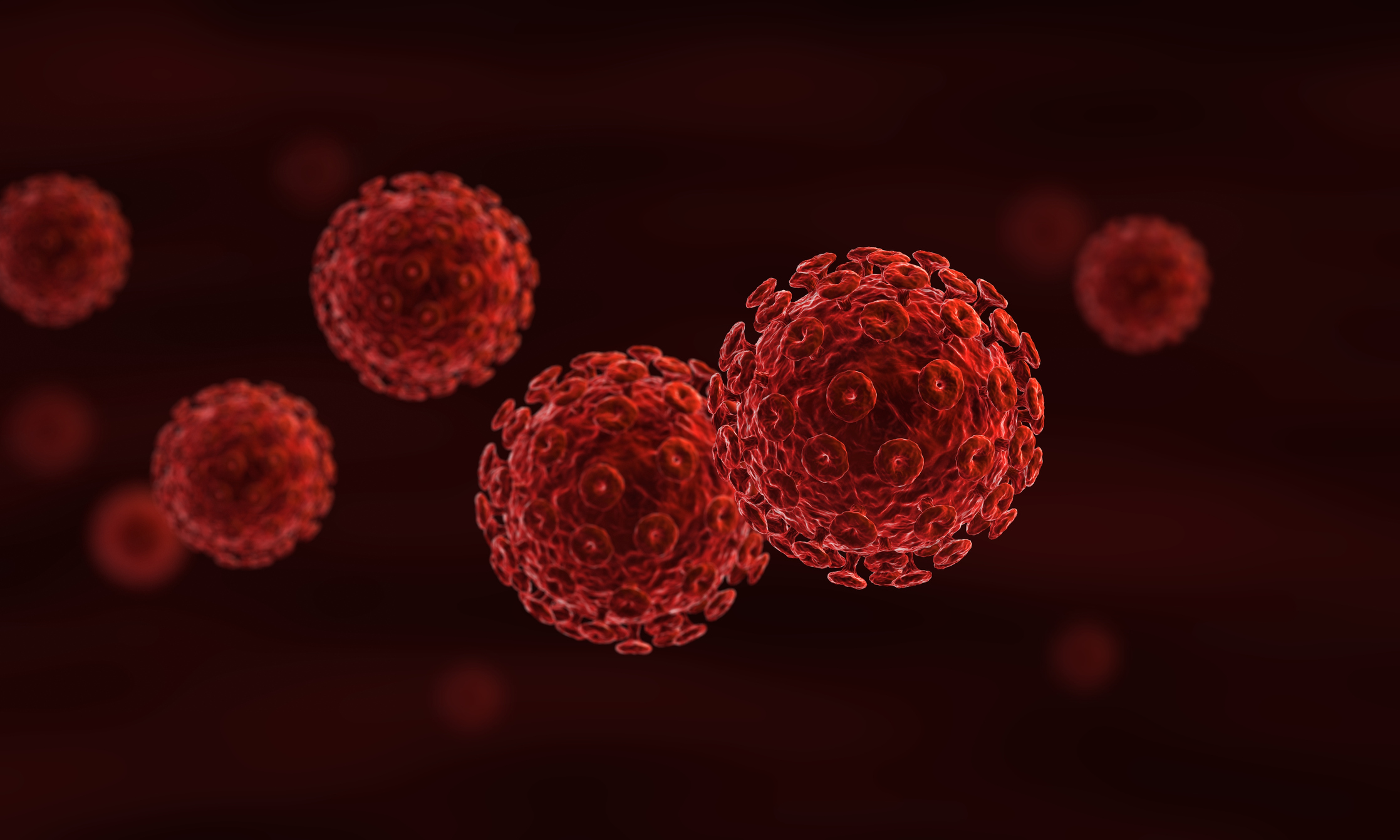Zika virus (ZIKV) is a positive-single strand RNA virus that belongs to the Flaviviridae family. ZIKV infection causes congenital ZIKV syndrome (CZS) in children and Guillain Barre Syndrome (GBS) in adults. ZIKV infected cells secrete non-structural protein 1 (sNS1), which plays an important role in viral replication and immune evasion. The microglial cells are the brain resident macrophages that mediate the immune responses in CNS. The miRNAs are small non-coding RNAs that regulate the expression of their target genes by binding to the 3’UTR region. The present study highlights the bystander effect of ZIKV-NS1 protein via miR-146a. The Real-Time PCR, Immunoblotting, overexpression, knockdown studies, and reactive oxygen species measurement have been done to study the immunomodulatory effects of ZIKV-NS1 in human microglial cells. ZIKV-NS1 induced the expression of miR-146a and suppressed the ROS activity in human microglial cells. The up-regulated miR-146a led to the decreased expression of TRAF6 and STAT-1. The reduced expression of TRAF6 in turn led to the suppression of pNF-κBp65 and TNF-α downstream. The miR-146a suppressed the pro-inflammatory and cellular antiviral responses in microglial cells. Our findings demonstrate the bystander role of ZIKV-NS1 in suppressing the pro-inflammatory and cellular antiviral responses through miR-146a in human microglial cells.Copyright © 2021. Published by Elsevier B.V.
Zika virus NS1 protein suppresses the innate immune responses via miR-146a in human microglial cells.


